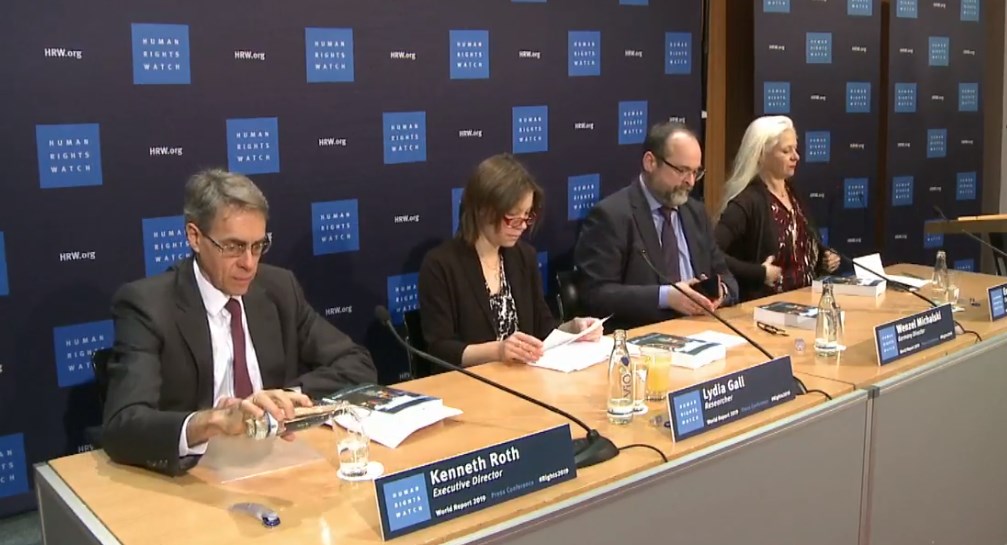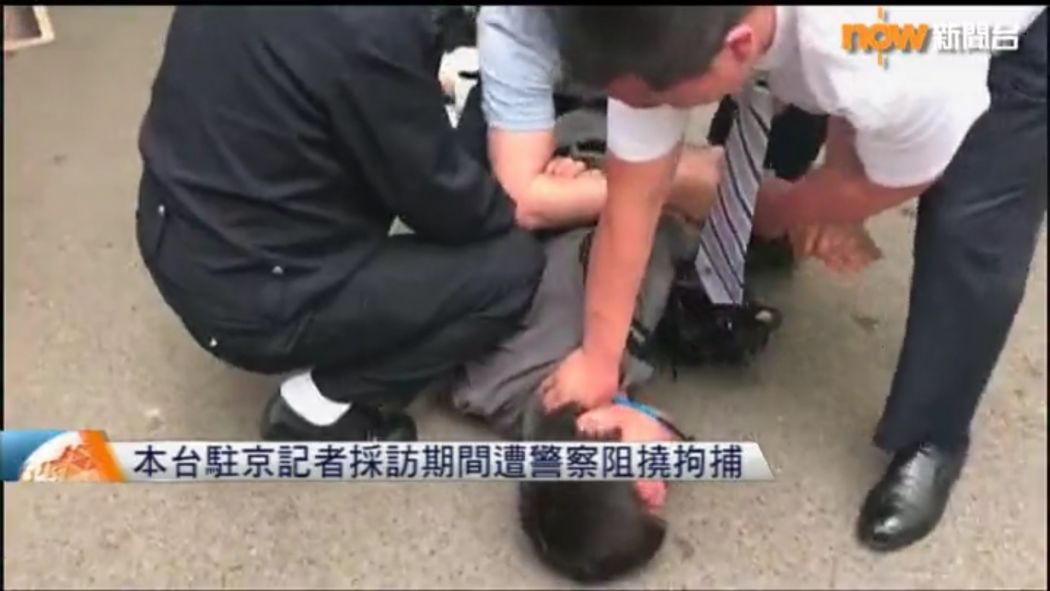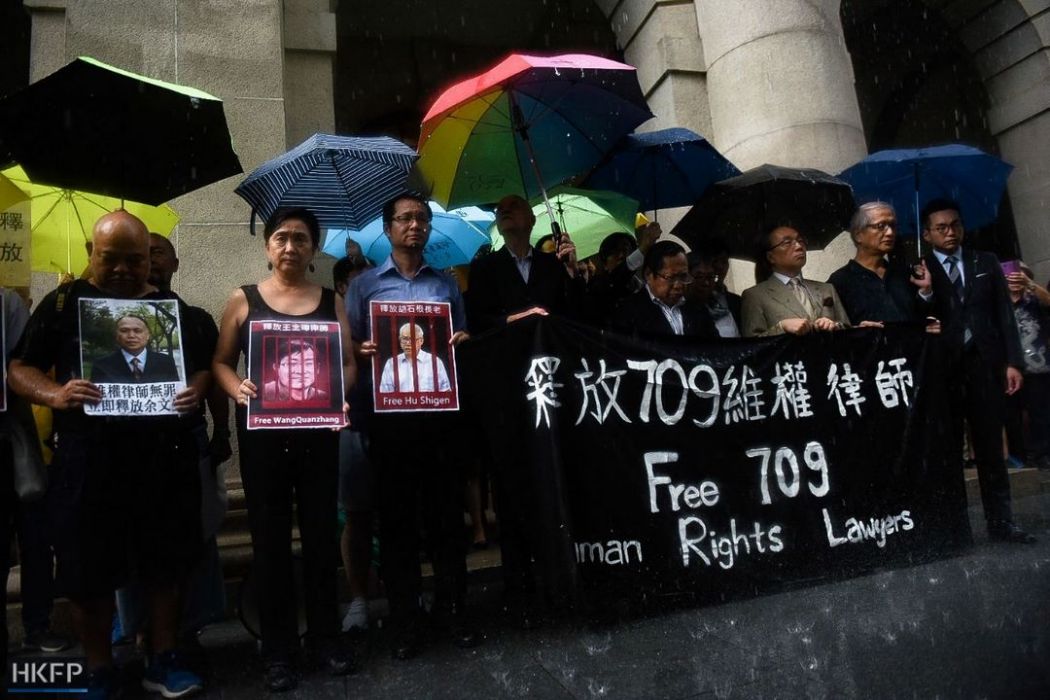Beijing’s assault on freedoms in Hong Kong worsened considerably last year, particularly in areas of free expression and political participation, NGO Human Rights Watch (HRW) said on Thursday in its World Report 2019.
The 674-page annual review on human rights practices in over 100 countries said that China has increased its repression over the past year to its worst levels since the 1989 Tiananmen Square Massacre, which saw a violent crackdown on student-led democracy activists.

HRW cited the disqualification of pro-democracy lawmakers Agnes Chow and Lau Siu-lai in January and October respectively; the detention of members of the pro-democracy group Demosisto in the mainland in August; and the unprecedented move to ban the pro-independence Hong Kong National Party in September as examples of efforts from the central and local government to curb political association and expression.
The report also highlighted the assault of a cameraperson for Hong Kong broadcaster Now TV in May by Beijing police, and the refusal to grant a visa renewal to the former vice-president of a foreign press club, Victor Mallet, after chairing a talk by pro-independence activist Andy Chan in August, as assaults on free expression.
“These events in the past year indicate that Hong Kong’s freedoms are deteriorating at a quickening pace,” Maya Wang, China researcher at HRW, told HKFP. “In a city that has long taken pride in and treasured its freedoms, people now have to watch their words as the government imposes increasing restrictions on free expression.”

Wang added that although civil society in Hong Kong remains relatively free, the outlook for human rights is grim as Beijing continues to undermine the autonomy promised by the One Country Two Systems principle – which pledges to safeguard the city’s own laws and way of life for at least 50 years following its transfer of sovereignty to China in 1997.
‘A threat to human rights’
HRW also pointed towards the continued detention of human rights activists and lawyers swept up in the “709 crackdown” across China in August 2015 and mass detention of ethnic minorities in the northwest region of Xinjiang in its analysis of human rights in the mainland.

“China under President Xi has been a threat to human rights both at home and abroad,” said Sophie Richardson, China director at the US-based NGO. “Countries and international institutions will need to push back against the repressive policies of a rising superpower.”
“More than ever, protecting human rights inside and outside China requires governments and institutions working together to end Xi’s abuses,” Richardson added. “No one should be giving a green light to China’s rampant violations.”

Last year’s HRW World Report said the disqualification of four pro-democracy lawmakers in July 2017 and the jailing of three prominent student activists the month after set a worrying precedent for the future human rights in Hong Kong.
Responding to pro-democracy protesters on January 1, the Hong Kong government defended its record on rights and freedoms: “The current-term Government has adopted a new governance philosophy to care, listen and act since assuming office,” a statement read. “All prosecution decisions are made by the DoJ independently without fear or favour, free from any political consideration.”
